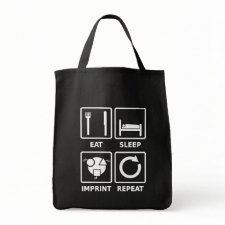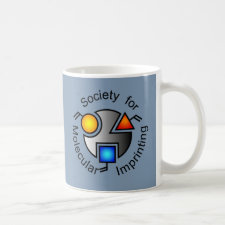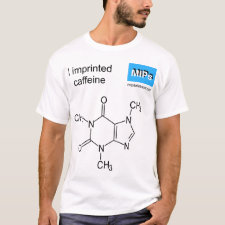
Authors: Zhu XF, Wang GS, Hou NB, Cao QE, Ding ZT
Article Title: Studies on preparation and characteristics of binding and recognition of caffeine molecular template polymers.
Publication date: 2004
Journal: Journal of Yunnan University (Natural Sciences Edition)
Volume: 26
Issue: (6)
Page numbers: 528-531.
Alternative URL: http://file.lw23.com/7/7f/7f5/7f56844c-3fd7-49b4-b580-552cef20b9e7.pdf
Abstract: A series of polymers were prepared in different solvents using caffeine, methacrylic acid and ethylene glycol dimethacrylate as the template molecule, functional monomer and cross-linking monomer, respectively. A number of preparation parameters were examined by ultraviolet (UV) spectroscopy, including the kinds of solvent used for reaction, equilibration time and the media in terms of the selectivity and capacity of the bulk polymer obtained. The study revealed that both the rate of the polymerization and the characteristic of recognition for the substrate were affected by the porogen. The polymer obtained in acetonitrile gave the optimum selectivity and capacity for caffeine.
Template and target information: caffeine
Author keywords: molecular imprinting, caffeine, UV-visible spectrophotometry



Join the Society for Molecular Imprinting

New items RSS feed
Sign-up for e-mail updates:
Choose between receiving an occasional newsletter or more frequent e-mail alerts.
Click here to go to the sign-up page.
Is your name elemental or peptidic? Enter your name and find out by clicking either of the buttons below!
Other products you may like:
 MIPdatabase
MIPdatabase









